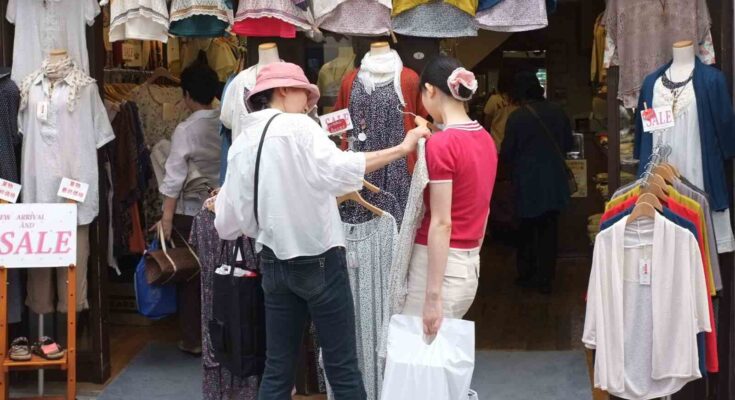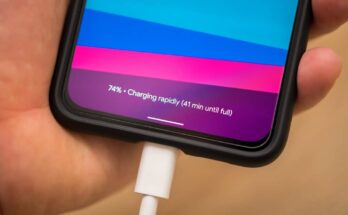People often say they are either a “morning person” or a “night owl” to clarify when they feel most productive. A graduate from the University of Texas at Arlington suggests that this preference may also impact their buying habits and sense of well-being.
New research by Shashi Minchael published in the journal Psychology & Marketing shows that people who consider themselves “night owls” tend to feel happier and healthier when they buy material items such as clothes or gadgets. “Morning people,” on the other hand, find more happiness in spending money on experiences, such as concerts or plays, rather than material goods.
Shashi Minchael suggested that when selling a product like a grill, it’s important to consider the different preferences of morning and evening people. He explained that to appeal to both groups, a seller could focus on the grill’s quality and material features, which might attract both types.
Additionally, highlighting how the grill can help create meaningful memories with friends and families could resonate differently depending on whether the buyer identifies as a morning or evening person.
Minchael discovered that the difference in how morning and evening people perceive time, referred to as “subjective time perception,” plays a significant role in their preferences. He noted that evening people tend to view time and past events as more distant.
Perception of events for morning and night people
Research shows that evening people often feel that past events, such as a concert from a month ago, happened much further in the past. This perception causes them to prefer material items, which stay with them over time, rather than experiences that fade from memory.
Morning people, on the other hand, tend to hold on to the emotional impact of experiences for a longer time, making them more likely to find joy in those memories.
The essence of the new research is that evening people, who are more focused on the present, perceive time as moving faster.
As a result, their memories of experiences fade more quickly, leading to lower happiness from those experiences. This explains why they prefer material items that provide a constant presence.
To carry out his research, Minchael surveyed nearly 1,100 participants across several studies. In one of these studies, participants were asked to recall both a material purchase and an experiential purchase they had made.
They were then asked to indicate which of the two made them happier. After providing details about the price and date of their purchases, participants were categorized as either morning or evening people based on their responses.



